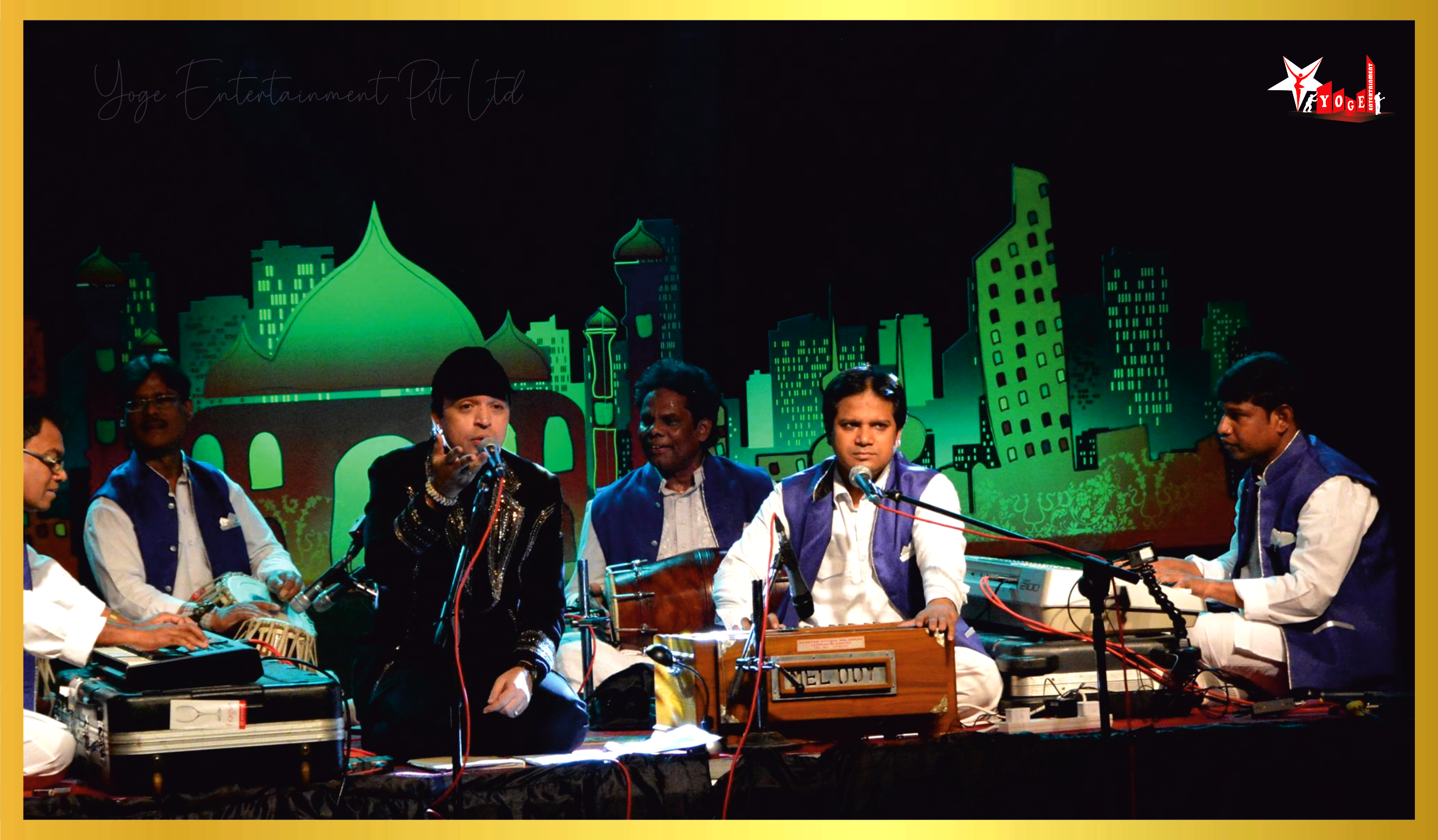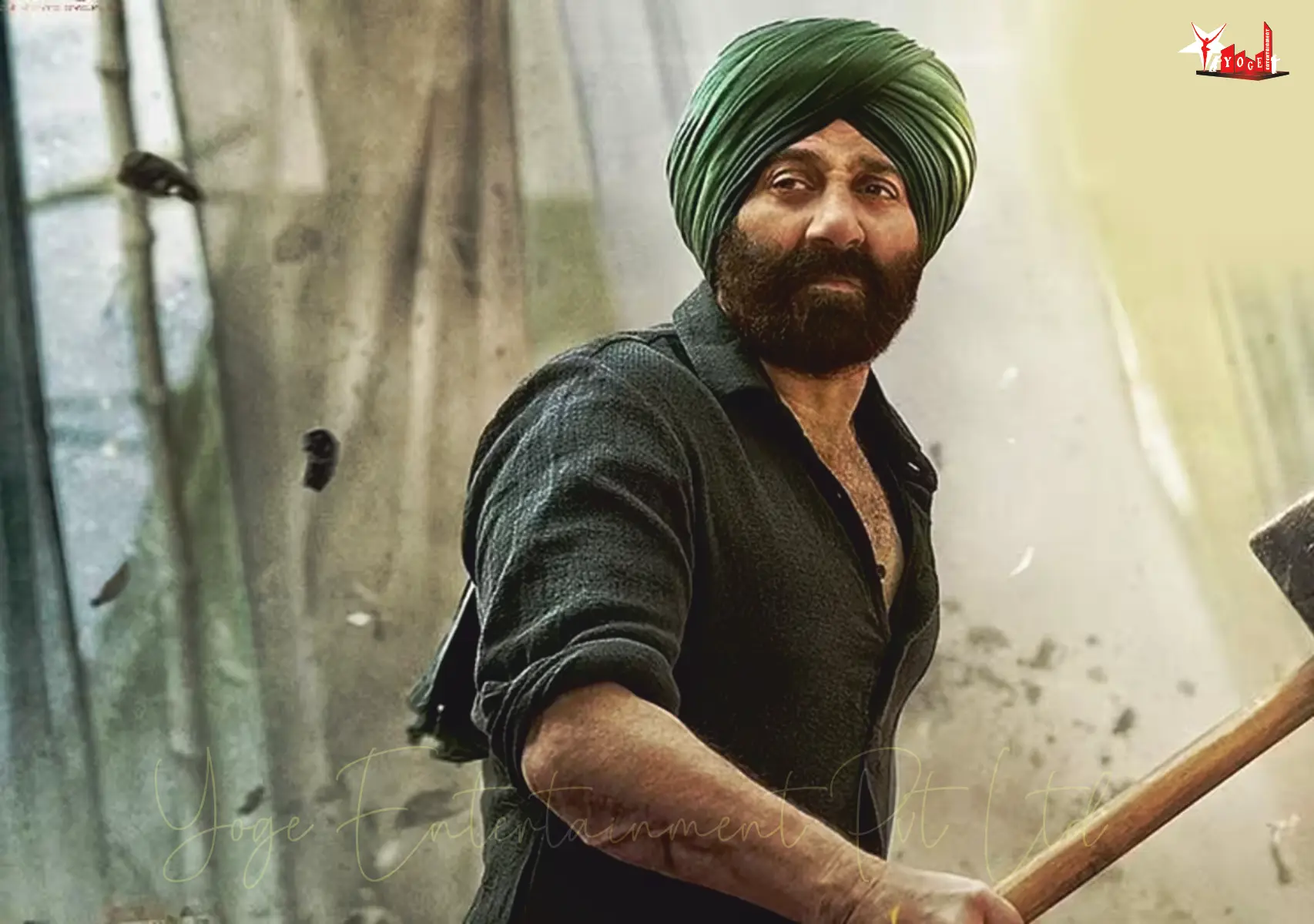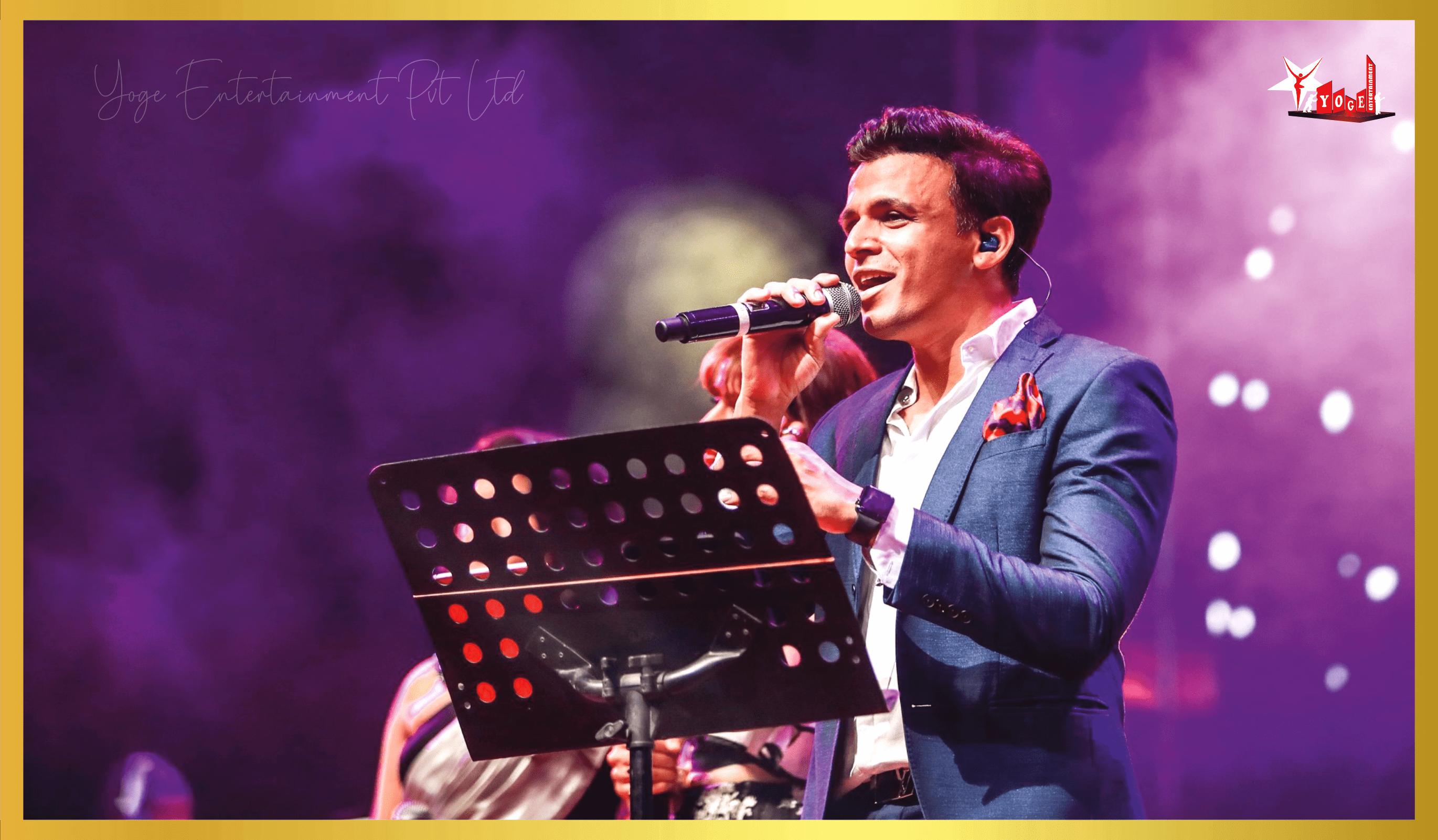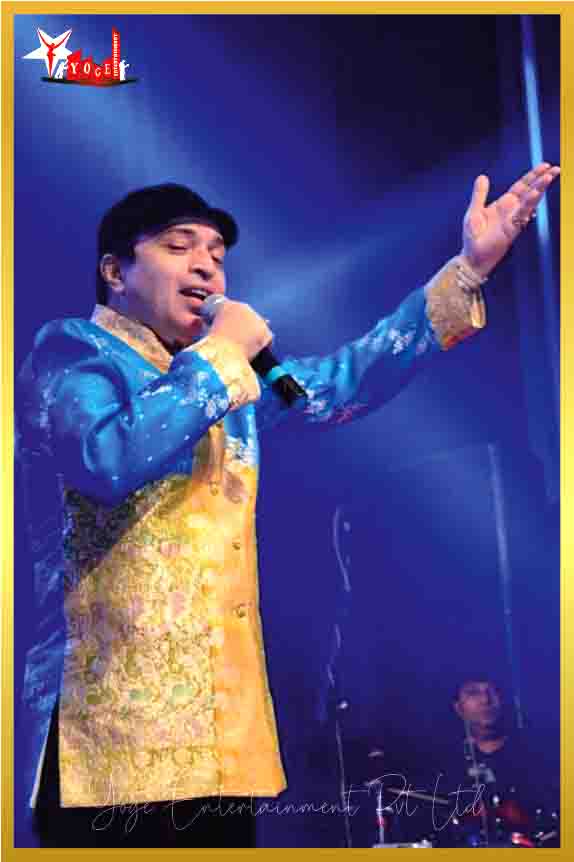
Altaf Raja: India's Best Sufi and Qawwali Singer
Introduction
In the rich tapestry of Indian music, few genres capture the depth of spirituality and emotion quite like Sufi and Qawwali. Among the stalwarts of these genres, Altaf Raja stands out as a beacon of soulful melody and poignant lyricism. With a career spanning decades, Raja has etched his name in the annals of Indian music, not just as a singer but as a true artist who bridges the temporal with the divine.
Early Life and Background
Altaf Raja was born on October 15, 1967, in Nagpur, Maharashtra. His early life was imbued with music, growing up in a family that cherished classical and Sufi traditions. Raja's father, a devout follower of Sufi saints, often exposed him to the mystical world of Qawwali and Sufi music. This early exposure sowed the seeds of a musical journey that would later bloom into a celebrated career.
Rise to Fame
Raja's ascent to fame was meteoric. His debut album, "Tum To Thehre Pardesi," released in 1994, was a massive hit. The album’s title track became an anthem of sorts, resonating with audiences across the country. Raja's unique voice, marked by its deep, sonorous quality, coupled with the emotive power of his lyrics, struck a chord with listeners. The album's success catapulted him into the limelight, making him a household name.
Musical Style and Influence
Altaf Raja's music is a confluence of tradition and contemporary sensibilities. His renditions often encompass the lyrical beauty of classical poetry, rendered with modern musical arrangements. This blend makes his music accessible to younger audiences while retaining the essence of traditional Sufi and Qawwali.
One of the hallmarks of Raja's music is his ability to evoke deep emotions. His songs often explore themes of love, longing, and divine devotion. Whether it is the haunting melody of "Tum To Thehre Pardesi" or the soulful strains of "Ishq Aur Pyar Ka Maza Lijiye," Raja’s music transcends the mundane, touching the very core of human experience.
Contributions to Sufi and Qawwali Music
Beyond his commercial success, Altaf Raja has made significant contributions to the preservation and popularization of Sufi and Qawwali music. He has performed at numerous Sufi festivals and cultural events, bringing these mystical traditions to a wider audience. His dedication to his craft and his commitment to maintaining the purity of these genres have earned him respect among peers and music aficionados alike.
Legacy and Influence
Altaf Raja’s influence extends beyond his own recordings. He has inspired a new generation of musicians to explore Sufi and Qawwali music, ensuring that these timeless traditions continue to thrive. His songs are often covered by aspiring singers, and his style has become a template for blending classical and contemporary musical elements.
Raja’s legacy is not just in his music but in his unwavering commitment to the spiritual and emotional depth that defines Sufi and Qawwali traditions. He continues to perform, record, and innovate, always pushing the boundaries of his art while staying true to its roots.
Conclusion
In the ever-evolving landscape of Indian music, Altaf Raja remains a steadfast figure, a true custodian of the Sufi and Qawwali genres. His journey from the bylanes of Nagpur to the pinnacle of musical acclaim is a testament to his talent, perseverance, and deep spiritual connection to his art. For fans and followers of Sufi and Qawwali music, Altaf Raja is not just a singer; he is an embodiment of the mystical and the divine, a voice that resonates with the soul.
As we continue to enjoy his music, we celebrate not just an artist, but a legacy of profound emotional and spiritual expression that Altaf Raja represents. His contributions have left an indelible mark on the world of music, ensuring that the timeless beauty of Sufi and Qawwali will continue to inspire and enchant future generations.








